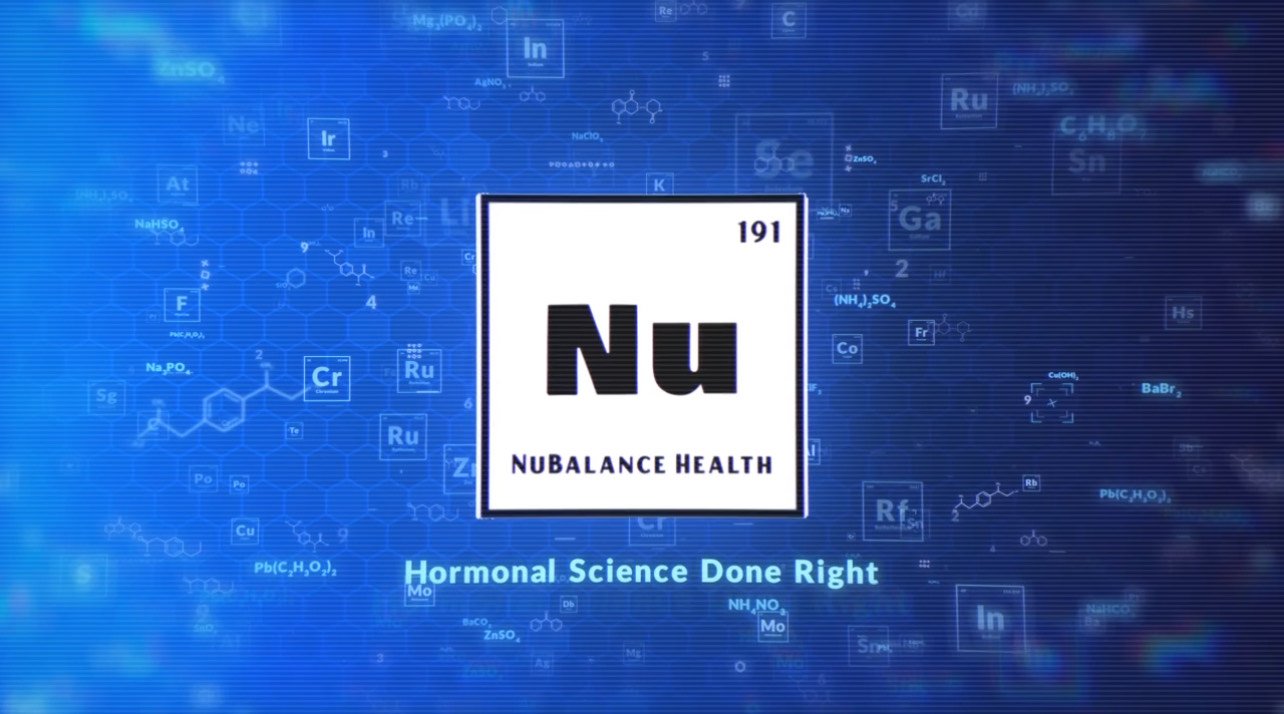
Why Every Woman Should Know Their
Testosterone Level

Testosterone isn’t just a male hormone—it plays a vital role in a woman’s health, energy, mood, and overall well-being. Although women naturally have lower testosterone levels than men, imbalances (too high or too low) can significantly affect energy, libido, muscle tone, mental clarity, and metabolism. Understanding your testosterone levels can help you optimize your health, prevent hormonal imbalances, and feel your best.
What Happens To Woman’s Testosterone Levels as She Ages?
As women age, testosterone levels naturally decline, affecting energy, metabolism, libido, mood, and overall health. This decline often begins in a woman’s 30s and continues through menopause, leading to noticeable symptoms. Understanding these changes can help women take proactive steps to maintain hormonal balance and overall well-being
How Testosterone Levels Change with Age?
1. Decline Begins in the 30s
• Women’s testosterone levels peak in their 20s, supporting muscle tone, libido, and energy.
• By the mid-30s, testosterone begins to gradually decline, leading to mild symptoms of fatigue, weight gain, and lower libido.
2. Further Decline in the 40s & Perimenopause
• Perimenopause (the years leading up to menopause) can bring significant hormonal shifts.
• Lower testosterone levels may cause mood swings, brain fog, muscle loss, and decreased sexual desire.
• Some women experience increased belly fat and difficulty maintaining a healthy weight.
3. Menopause & Postmenopause (50s & Beyond)
• Estrogen, progesterone, and testosterone levels drop significantly during menopause.
• Women may experience severe fatigue, loss of muscle tone, low libido, and mood instability.
• Bone density decreases, increasing the risk of osteoporosis and fractures.
• Testosterone levels can be 50% lower or more compared to their younger years.
Can Women Restore Healthy Testosterone Levels?
Yes! Women can optimize their testosterone levels naturally or through hormone therapy to maintain energy, strength, libido, and mental clarity. Options include:
Hormone Replacement Therapy (HRT) – Bioidentical testosterone therapy to restore optimal levels.
Strength Training & Exercise – Boosts natural testosterone production.
Healthy Fats & Protein-Rich Diet – Supports hormone balance.
Vitamin D & Zinc Supplementation – Key nutrients for testosterone production.
Testosterone is essential for energy, metabolism, libido, and overall well-being in women. While often overlooked, low testosterone levels can cause physical, mental, and emotional symptoms that significantly impact quality of life. Women naturally experience a gradual decline in testosterone starting in their 30s, but certain factors like stress, poor diet, menopause, or underlying health conditions can accelerate this drop.

